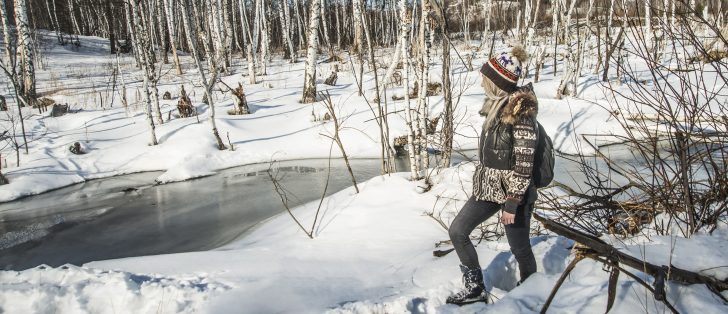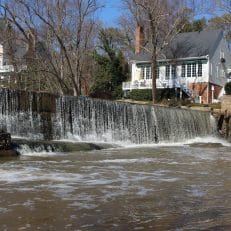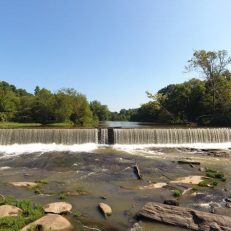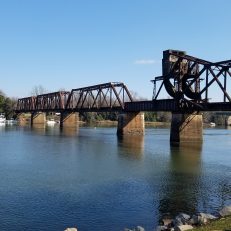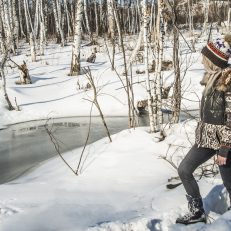Product Description
Highlights of the program include:
- Winter Botanical Identification: The curriculum provides a deep dive into identifying and classifying wetland plants during the dormant season, understanding their winter morphology, and learning techniques for accurate species recognition without the aid of flowers or full leaf canopies.
- USACOE Regional Supplements Alignment: The program is designed to integrate with the regional supplements by the United States Army Corps of Engineers (USACOE), ensuring that the methods and knowledge imparted are relevant and follow national standards for wetland delineation and assessment.
- Practical Skills Development: Interactive elements such as high-definition photographs, virtual field trips, and case studies enable participants to practice and refine their identification skills in a winter context.
- Flexible Online Access: The course’s online format is self-paced, providing convenience for professionals and students to engage with the material on their own schedule.
- Certification: Upon successful completion of the program, participants will earn a certification that attests to their expertise in winter wetland botany in accordance with USACOE guidelines, enhancing their professional qualifications.
This program is ideal for environmental consultants, field biologists, ecologists, and natural resource managers who operate in climates where winter conditions affect traditional plant identification methods. The focus on winter identification skills makes this certification particularly valuable for work in wetland delineation, habitat restoration, and environmental impact assessments during the colder months.
This course consists of 12 online modules in which we will study region-specific species and cover the most common wetland plants in each of the US Army Corps of Engineers’ 10 regions. This workshop is focused on the winter (non-growing) season form of the wetland plants.
Each module takes about 3-4 hours to complete and students are welcome to compete them at your own pace during the class’ 16-week time frame. In addition to the modules, there is a field work project that needs to be coordinated with the instructor.
The field work consists of collecting plant samples and uploading them to a virtual herbarium. With guidance from the teacher, students will learn tips and tricks for identifying the major diagnostic characteristics and classifying species of select wetland plants common to your region.
Once the species presentations are completed and the herbarium collection is submitted, students take a test to verify their proficiency in wetland plant identification. Upon successful completion of the class and a grade of 80% or higher, you will become a Certified Wetland Botanist.
Your certification will be valid for five years and is eligible for renewal with additional continuing education, and you will also be issued an electronic seal that can be used for reports and proposals.
How the Class Works
10 field work projects
10 data collection exercises
12 online learning modules, including:
- Video presentations
- Handouts
- Class discussion
Assignments - Quizzes
- Final exam
- Instructor-guided virtual field work
Materials Needed
You will need to provide the following items for this class:
- Local botany field guides
- Camera
- Warm clothes
Prerequisite
Wetland Delineation Training

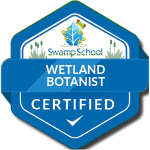 Grow your skills with this online course that includes field work that can be performed locally.
Grow your skills with this online course that includes field work that can be performed locally.